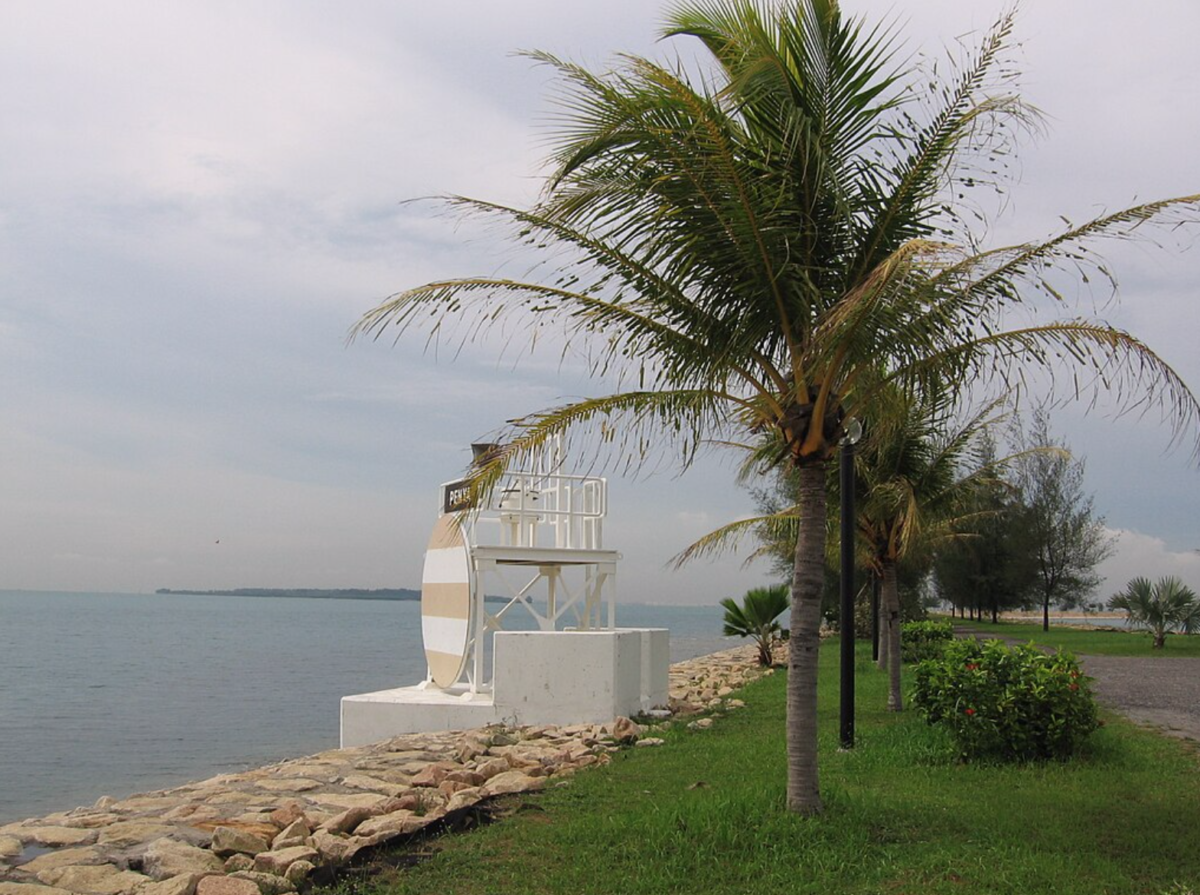by Fred Fuld III
The Heritage Foundation has named Singapore as the number one country in its Index of Economic Freedom.
The Country Index of Economic Freedom, published by The Heritage Foundation, is a widely used measure of the economic liberty enjoyed by individuals in different countries. It works by analyzing and scoring 12 key areas considered essential for economic freedom, grouped into four broad categories:
1. Rule of Law (property rights, judicial effectiveness, government integrity): This category assesses the protection of individual property rights, the fairness and efficiency of the legal system, and the level of corruption within the government.
2. Government Size (fiscal freedom, government spending, public sector burden): This category examines the extent of government intervention in the economy through taxation, spending, and regulations.
3. Regulatory Efficiency (business freedom, labor freedom, monetary freedom): This category evaluates the ease of starting and operating a business, the flexibility of labor markets, and the soundness of the monetary system.
4. Open Markets (trade freedom, investment freedom, financial freedom): This category assesses the openness of a country’s borders to trade and investment, and the level of government intervention in the financial sector.
Each of these 12 areas is graded on a scale of 0 to 100, with 100 representing the most economically free environment. The overall score for a country is then calculated by averaging the scores across all 12 areas, giving equal weight to each one.
Here are some additional points to keep in mind about the Country Index of Economic Freedom:
- Methodology: The Heritage Foundation uses a variety of quantitative and qualitative data sources to compile the index, including official government statistics, surveys of businesses and experts, and reports from international organizations.
- Uses: The Country Index of Economic Freedom is widely used by businesses, investors, and policymakers as a tool for understanding and comparing the economic environments of different countries.
Singapore shines in many areas. Here are five key things it’s often praised for:
1. Economic Powerhouse: Singapore boasts a dynamic and diverse economy, consistently ranking high in global competitiveness and ease of doing business. Its strategic location, efficient transport networks, and skilled workforce attract multinational companies and contribute to its robust GDP growth.
2. Culinary Melting Pot: A vibrant mosaic of cultures translates to a mouthwatering culinary scene. From traditional hawker centers bursting with local delicacies to Michelin-starred restaurants showcasing global cuisines, Singapore tantalizes any palate.
3. Green City in Bloom: Despite its urban landscape, Singapore prioritizes green spaces. Lush parks, vertical gardens, and tree-lined boulevards offer residents and visitors a refreshing escape from the city buzz. Sustainability initiatives like the Green Plan 2030 further promote environmental consciousness.
4. Innovation Hub: Home to world-class research institutions and tech giants, Singapore embraces innovation. From fintech ventures to cutting-edge healthcare research, the city-state constantly pushes boundaries and fosters collaboration within a thriving startup ecosystem.
5. Multicultural Mosaic: Singapore’s diverse population, representing various ethnicities and religions, thrives in harmony. This inclusive and tolerant society celebrates its multicultural heritage through festivals, traditions, and everyday interactions, enriching the social fabric.
These are just a few highlights, and depending on your interests, you might further appreciate Singapore’s efficient public transportation, world-class educational system, or vibrant arts scene.
So investors are asking, is there a way to invest ion Singapore?
One of the largest Singapore stocks that trades in the U.S. is Grab Holdings (GRAB), with a market cap of $12.4 billion.
The company is a Southeast Asian super app provider based in Singapore, offering a multitude of everyday services like ride-hailing, food delivery, and digital payments through its user-friendly mobile app.
Founded in 2012, Grab has grown into a regional powerhouse, serving millions of users across eight countries in Southeast Asia. Its commitment to innovation and local adaptation has helped it become a deeply ingrained part of the daily lives of many in the region.
While ride-hailing remains its core business, Grab has steadily expanded its offerings, venturing into food delivery, digital payments, financial services, and even grocery delivery. This strategic diversification has fueled its impressive growth and solidified its position as a leading tech player in the region.
Unfortunately, the company has been generating negative earnings, but is expected to be close to breakeven next quarter.
However, annual revenues growth over the last five years was 103.91%, with the latest quarterly revenue growth of 61%.
Another large Singapore company is the Internet and mobile gaming platform company, Sea Ltd. (SE), with a market cap of $20.4 billion.
Founded in 2009, it has exploded into a regional leader, serving millions across Southeast Asia and Latin America. Its mobile-first approach and deep understanding of local preferences have fueled its success, with Shopee dominating online shopping and Garena boasting thriving mobile games like Free Fire. SeaMoney further bolsters its ecosystem by offering cashless payment solutions, creating a seamless digital experience for users.
The stock trades at 35 times trailing earnings and has a forward price to earnings ratio of 46. Earnings per share growth this year was an amazing 140% and quarterly earnings growth per share year-over-year of 74.7%.
Annual sales growth for the last five years was 104%.
JOYY, Inc. (YY), the communication social platform, is a $1.42 billion company.
The stock has a forward P/E of 8.68, and earnings per share growth this year was 40.55%.
Of course, for diversification, you can always choose the iShares MSCI Singapore ETF (EWS), which has an expense ratio of 0.50%.
Will a free country benefit these stocks? Let freedom reign.
Disclosure: Author didn’t own any of the above the time the article was written.

